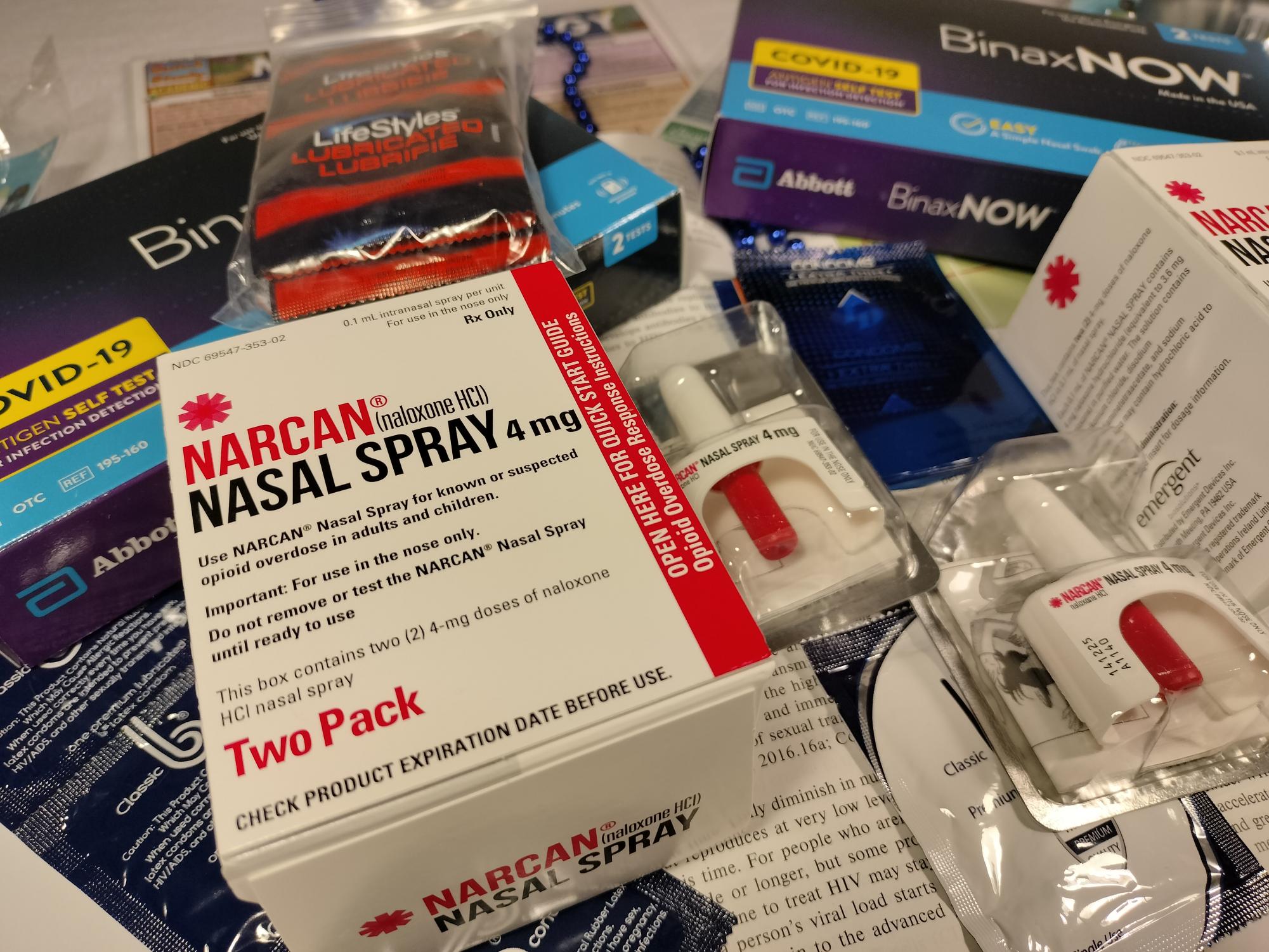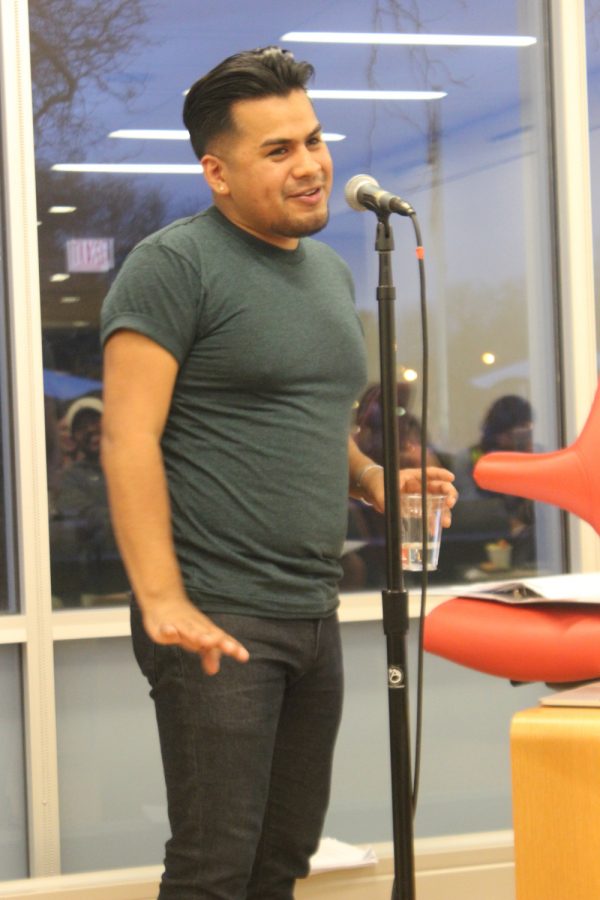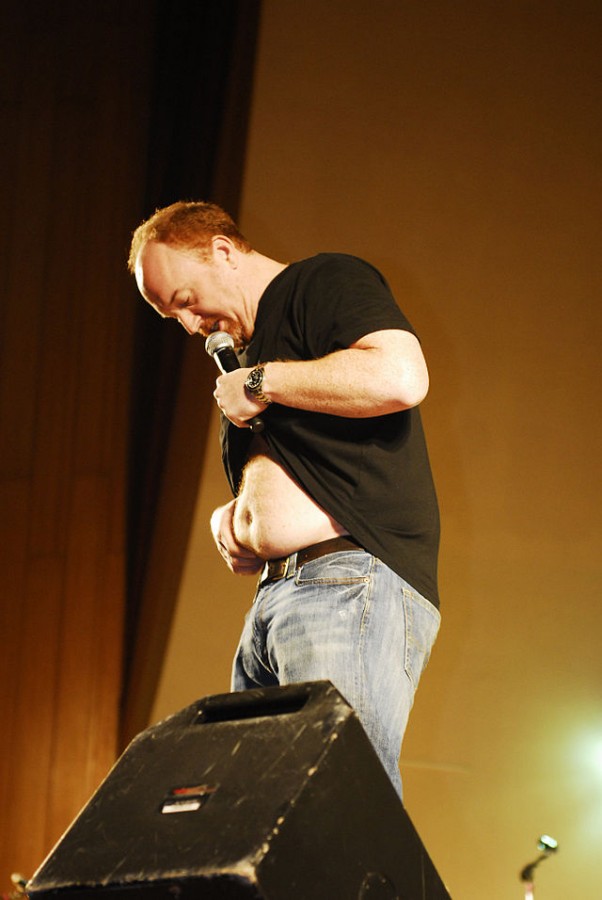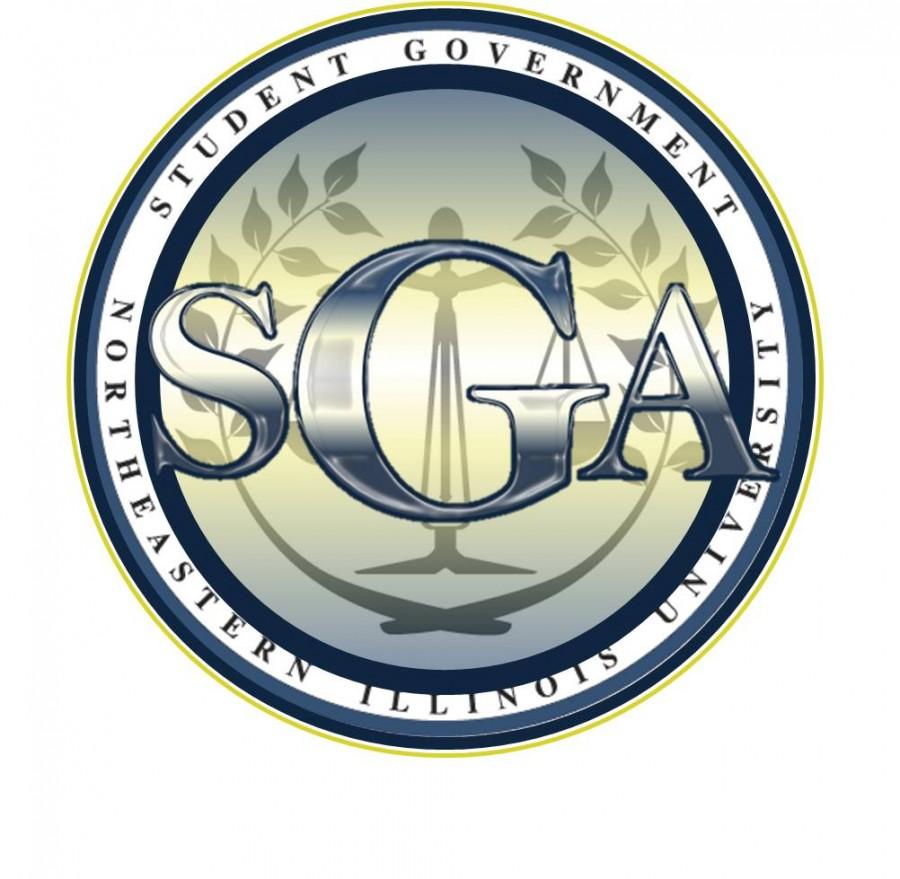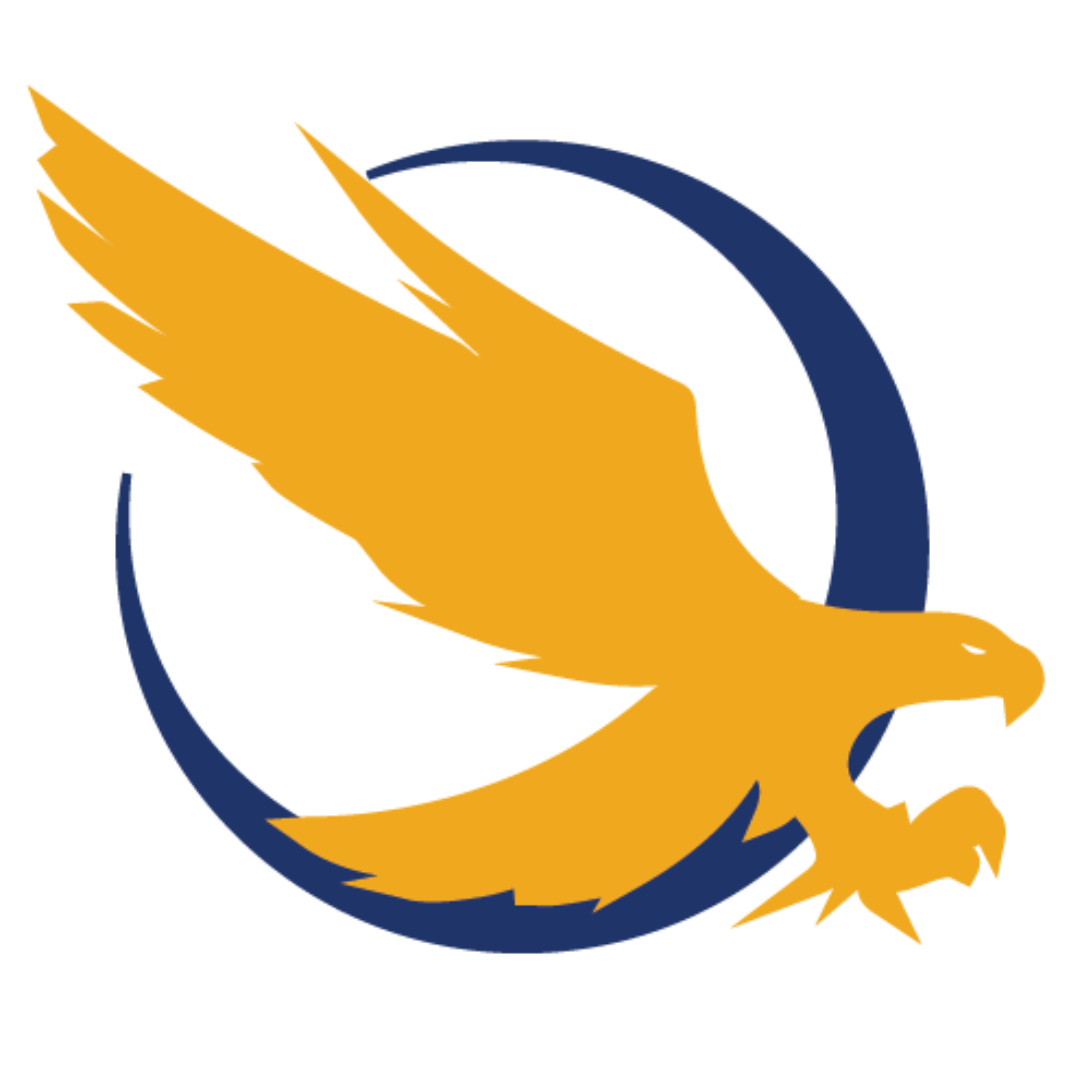NEIU’s Office of Student Health Services (SHS) recently hosted the Fall rendition of its biannual Health Fair on Tuesday, Nov. 14, 2023 in the Main Campus’s Alumni Hall from noon to 4 p.m. The event displayed an extensive spectrum of information for physical and mental health services provided by several local organizations that hosted kiosks.
“The major objective was to meet the gaps [between] healthcare services and health and wellness services that the university can’t provide because we don’t have everything,” said Aidon Perera, Health Education Coordinator, in a follow-up interview with The Independent, “We prioritize our students, that’s what our office’s mission is, but also they have to go home and live with their parents who might be in a terrible situation, [so] we extend services to them too, so that the entire household can be [well].”
All of the organizations’ kiosks were welcoming, inclusive and embraced passersby to improve their lives’ circumstances. The open enrollment period for Medicaid and Health Insurance Marketplace made the recent Health Fair stand out from the Spring semester’s Health Fair. Both students and community members were welcome to embrace the Health Fair and find their needed and desired services. “Open enrollment period [is from] November to January, that’s the only time we can do it.” Perera said, on picking on the date for the Fall semester fair.
Information included support and advocacy for primary care, behavioral health, testing, and vaccination facilities, health insurance applications and open enrollment for Medicaid and the Affordable Care Act’s (ACA) Marketplace, sexual assault survivor resources, counseling and therapy sessions, crisis interventions, community workshops, occupational therapy, culinary training programs, legal services, early childhood support, nutrition education, substance use harm reduction, relaxation and meditation and women’s health assistance.
All students had different needs, desires and expectations from the Fall semester’s Health Fair. “The reason why I went through is because I [had] seen that the topic of sexual violence was brought up,” said Benjamin Pulido, Undergraduate in Community Health and first-time attendee at the Health Fair, “And there’s like two or three tables that offered those type of information or education opportunities.”
The benefits of attending Health Fairs can extend to all walks of life, regardless of major. “I’m in the Physical Education and Health Organization,” said Noah Causgrove, Undergraduate in Physical Education, “I went to quite a few [Health Fairs] with being in this organization.”
“The services have all been very similar throughout the semesters, it includes very general health care services and health screenings from health centers like Tapestry 360, Hamdard Health Alliance…” Perera said.
The initiative is to find free and reduced services in the nearby and adjacent communities of NEIU’s North Park neighborhood. SHS incrementally evolves the Health Fair with every passing semester by searching for specific services and bringing greater health accessibility to offer students greater health and well-being. According to Perera, services for mental health, interpersonal violence, STI testing, and diabetes and cancer screenings are a few services that are made free for students.
The Health Fair was not as comprehensive as Perera hoped it would be because he is trying to get vision screenings and dental health resources at free or reduced prices for students. Perera also hopes to find international health insurance plans that are accessible to international students.
Perera strongly emphasized the importance of tailored attendance because when one student shows up and that student has a very specific unresolved need, he will expect that there are others with that identical need. Thus, Perera will try to fit their needs into the Health Fair by finding appropriate resources. For example, on one hand, sexual violence advocacy resonated with Pulido, as he will take on an internship with K(NO)W MORE on NEIU’s Main Campus in the Spring semester. On the other hand, the data and statistics presented at the domestic violence advocacy and narcotics kiosks looked fascinating to Causgrove.
Perera started organizing the Health Fair by reaching out to all of the university’s services first and foremost, such as Student Affairs, Career Services, and Counseling Services. After that, he contacted nearby and outside resources that are accessible to students.
“My goal was to improve data collection for this round,” Perera said when asked how he plans to measure the success of the Health Fair and obtain feedback and insights from attendees, “We did make a stride in that direction, we have iPads that I was hoping to use for that as people are leaving [to] punch in a quick survey, but we had to sacrifice that for the HPV [Human papillomavirus] project that we’re doing.” Around the fair, there were several HPV surveys, in order to gather intel about students’ current knowledge on the subject.
Students who have never attended a Health Fair could be intimidated to seek information and help for their health needs. Pulido and Causgrove had words of advice for those students.
“[My] advice is [to] ask questions, especially for the people who are at the front desk of the door if you don’t know anything about it,” Pulido said.
“It’s totally fine, just ask questions,” Causgrove said, “Just basically putting more information out there for people to understand how to be healthy and live a healthier lifestyle.”
Perera said they collected a lot of demographic information, “We can look at who was here, where are they coming from, what are the very likely disparities that they’re facing.” The importance of such inquiries is to figure out ways “to meet the gap,” said Perera. When it comes to data collection, “we did do a much better job at it this time than we did last semester, so I can see an upward trajectory and improvement,” said Perera.
Perera said that the Fall Health Fair’s success is attributed to three nurses, SHS’s director and SHS’s office administrator. He also gave credit to the Student Health Ambassadors, a group of six
volunteers that formed in the Fall semester. The ambassadors helped with checking in attendance; tabling for SHS; assembling, photographing and disassembling the event’s kiosks; being floaters and puppy therapists; and assisting visitors. “I think I attribute our improvement to them because last semester I did it all by myself,” Perera said.
The Fall Health Fair at NEIU was a testament to the university’s commitment to holistic health and well-being, offering a wealth of support to benefit both students and the larger community. Regardless of any student’s health status, there are definitely benefits that all students can embrace at a Health Fair.


